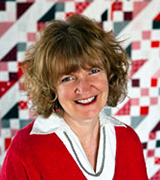In August of 1965, President Lyndon B. Johnson signed into law the Voting Rights Act, which banned racial discrimination in election practices that had effectively prevented African-Americans from voting for almost 100 years. A key event leading up to the passage of this historic law occurred on March 7 of that year, when 600 marchers in Selma, Alabama began to walk to the state’s capital in Montgomery to protest the difficulties faced by black voters.
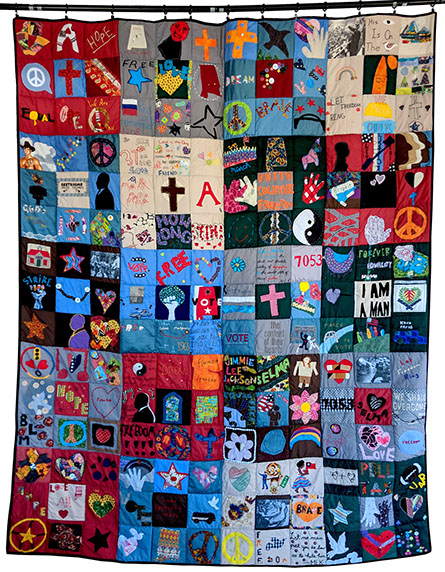
The rest of the country watched in horror as televised images showed local police and white vigilante groups beating and throwing tear gas at the marchers, injuring many. The event became known as “Bloody Sunday,” and mobilized some 25,000 people led by Martin Luther King, Jr. to continue the march, walking day and night from March 21-25 under protection of federalized National Guard troops to complete the 50-mile journey and raise awareness of the need for a national voting rights law.
The year 2015 marked the 50th anniversary of these momentous events, and they were commemorated in a variety of ways. One of these remembrances was a project known as The March Quilts, organized by Lillis Taylor and “Miss” Annie Bryant, two Birmingham, Alabama women who had cofounded a diverse, multi-generational sewing group called Bib & Tucker Sew-Op.
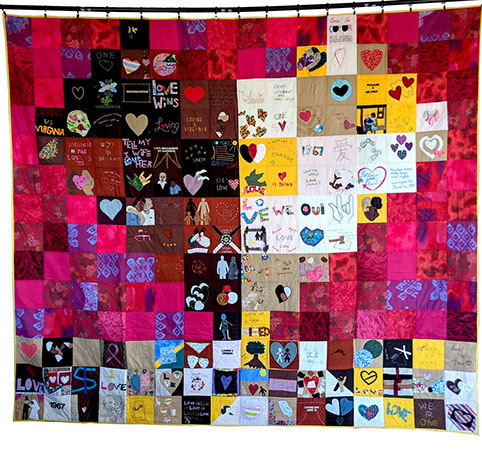
In an interview about the effort, Lillis Taylor explains: “In the midst of several Civil Rights Movement anniversaries, I was sitting with my co-founder, ‘Miss’ Annie Bryant, and we were talking about how 50 years ago, we wouldn’t have been allowed to start a sewing group together, let alone work side by side week in and week out. We decided to celebrate using our needles and thread, and thus was born, ‘The March Quilts’ project.”
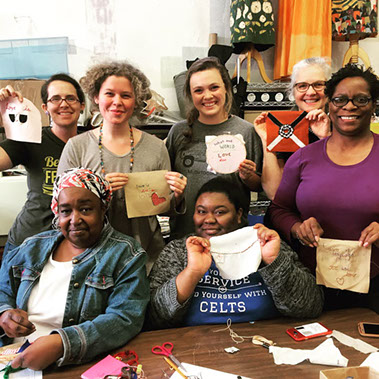
Bib & Tucker Sew-Op partnered with the Birmingham Museum of Art and the University of Alabama at Birmingham’s Department of Art & Art History to host public sewing sessions at which anyone who wanted could use provided materials to make a block to commemorate the Selma to Montgomery marches. The sessions produced 461 blocks, which Sew-Op members then made into three quilts. The quilts were hung at the Selma Public Library and the Alabama Department of Archives in Montgomery during the anniversary. Public response was so positive that the group decided to make the project an annual effort.
Each year since then, Sew-Op members select a civil or human rights issue as a theme and host sewing sessions that produce blocks with that year’s focus. The blocks are then made into quilts that are displayed in a variety of public venues to raise awareness and initiate discussion about the issue. In 2016, the topic was the gender wage gap with a quilt made using the Suffragette colors of purple, yellow and green. In 2017, they chose to commemorate the 50th anniversary of the day that the Supreme Court voted in favor of Richard and Mildred Loving in their case, Loving vs. Virginia, which knocked down anti-miscegenation laws in the state of Virginia and led the way for the rest of the country to do the same. The theme for 2018 was Environmental Justice, and for 2019—Alabama’s bicentennial year—the Sew-Op has chosen to honor Alabama’s unsung heroines.
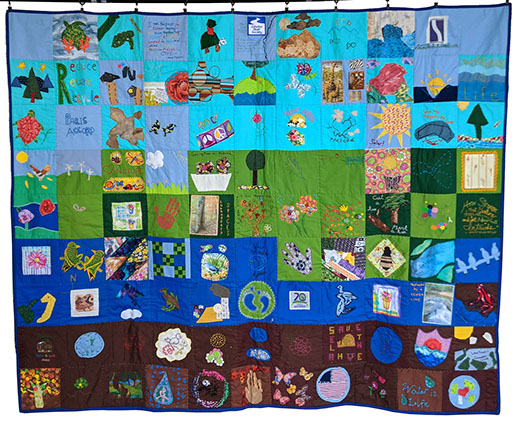
“We now have eight quilts altogether and we hope to have a couple more for this year’s theme,” says Viola Ratcliff, Program Manager at Bib & Tucker Sew-Op. “Our goal is for them to be displayed publicly in at least three or four exhibits each year. Currently, the quilts are in Minneapolis, Minnesota, where they will be on exhibition at the Plymouth Congregational Church from June through August 2019. This is the first exhibition of all eight quilts outside of the state of Alabama and we’re promoting it far and wide in the hope that the quilts will be requested by other galleries around the country.”
Ratcliff adds that with 2019 being Alabama’s bicentennial year, she is hoping to have them on view as much as possible, so that people will see them and think about what they represent. “We feel they are a powerful way of raising awareness about issues that are sometimes painful but that need to be remembered, considered and discussed,” she sums up. “It’s all part of Bib & Tucker Sew-Op’s effort to build a strong community.”

